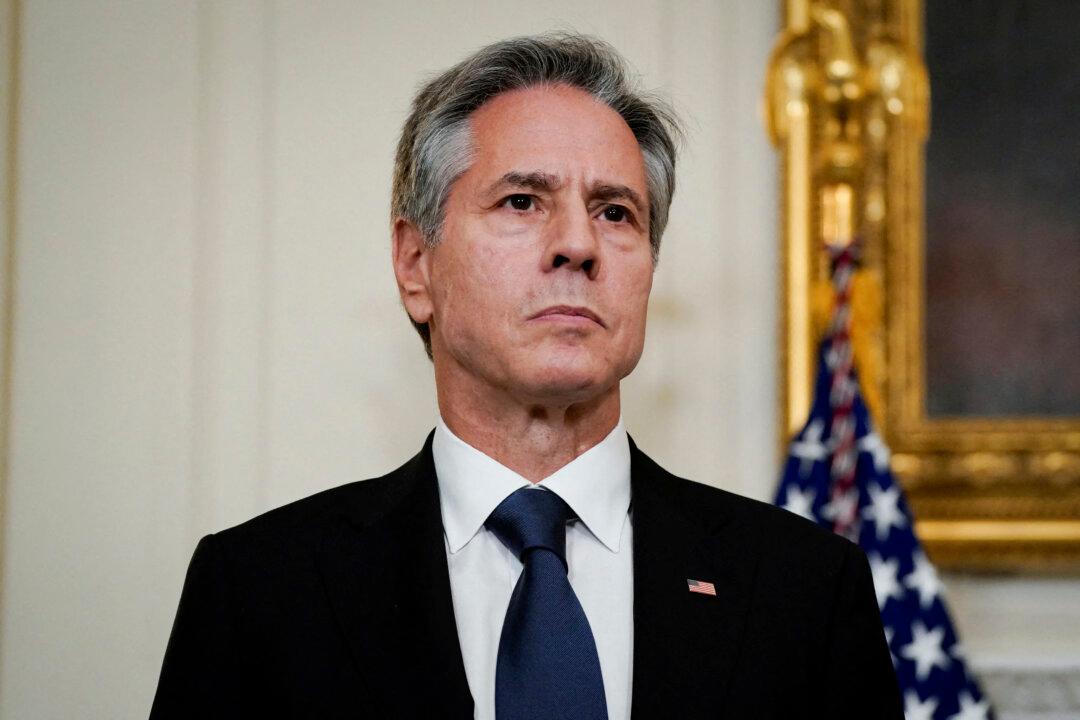U.S. Secretary of State Antony Blinken will visit South Korea, Japan, and France on what is likely to be his final diplomatic trip before the incoming Trump administration takes office later this month.
The State Department announced on Friday that Blinken would begin a five-day trip to the three countries on Jan. 4, aiming to reaffirm U.S. alliances in the face of regional challenges.





